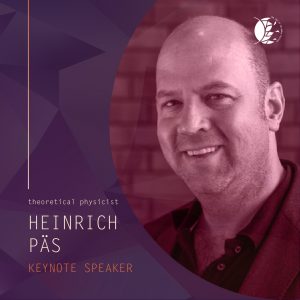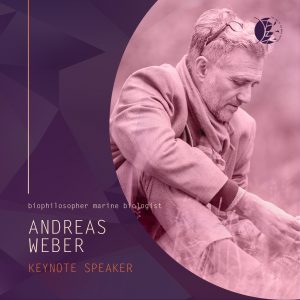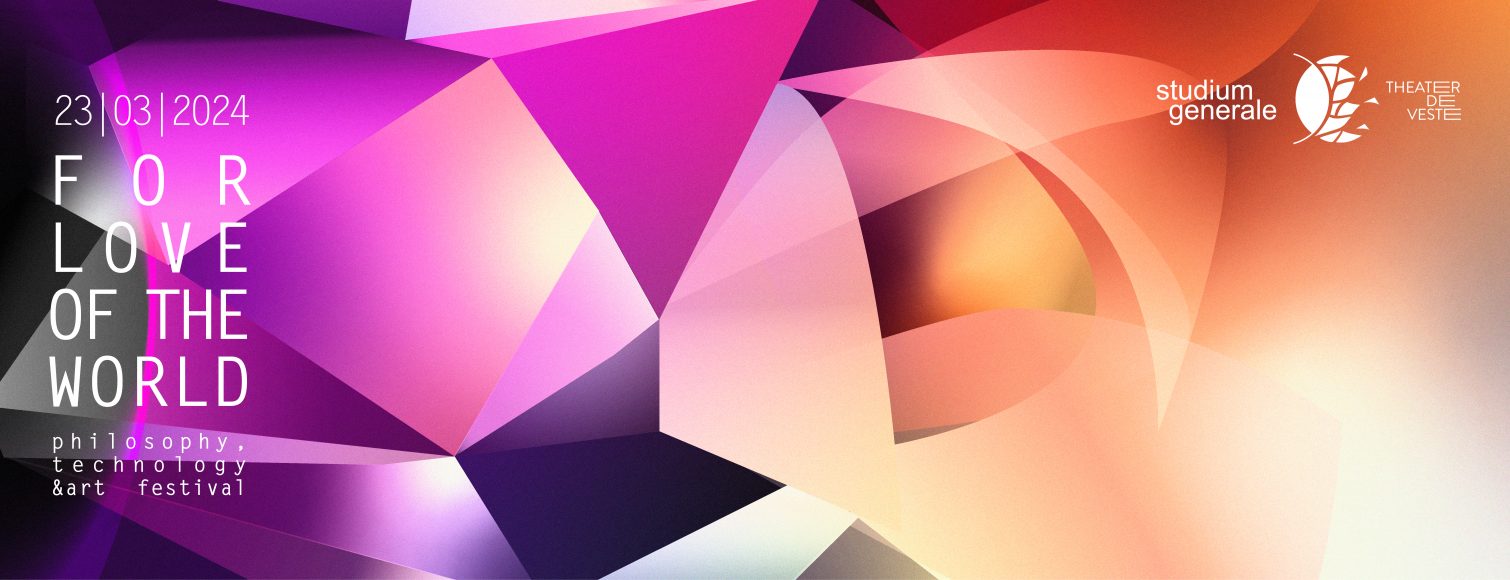 “While living in Hawaii, on a small island in the midst of the vast Pacific ocean with its culture coined by the belief in “lokahi”, the harmony and unity of diverse elements, my perspective on the Universe changed, and I grasped more clearly how Nature works as a “net-like intricate fabric”.”
“While living in Hawaii, on a small island in the midst of the vast Pacific ocean with its culture coined by the belief in “lokahi”, the harmony and unity of diverse elements, my perspective on the Universe changed, and I grasped more clearly how Nature works as a “net-like intricate fabric”.”
Heinrich Päs is a German theoretical physicist and professor at TU Dortmund University. He received a PhD from the University of Heidelberg for research at the Max-Planck-Institut in 1999, held postdoc appointments at Vanderbilt University and the University of Hawaii, and an Assistant Professorship at the University of Alabama. His research on particle physics, cosmology and the structure of space and time was on the cover of the Scientific American and the New Scientist magazine. It also got included in the collector’s edition “Ultimate Physics: From Quarks to the Cosmos”, next to a piece by Stephen Hawking.
His new book “The One” was praised in The Wall Street Journal, Nature and Scientific American. It makes the scientific case for an ancient idea about the nature of the universe: that all is One. Blending physics, philosophy, and the history of ideas, “The One” is an epic, mind-expanding journey through millennia of human thought and into the nature of reality itself.
 “Love is an answer to the lack that lies at the heart of aliveness, but it does not compensate for that lack—it transforms it. Love transforms that lack into an excess that produces new contradictions; it is the luminous chasm and the ephemeral mass, freedom in impossibility, the always insufficient answer to the paradox of life — pure aliveness, experienced from inside the world.”
“Love is an answer to the lack that lies at the heart of aliveness, but it does not compensate for that lack—it transforms it. Love transforms that lack into an excess that produces new contradictions; it is the luminous chasm and the ephemeral mass, freedom in impossibility, the always insufficient answer to the paradox of life — pure aliveness, experienced from inside the world.”
― Andreas Weber, Matter and Desire: An Erotic Ecology
Biologist and philosopher dr. Andreas Weber. In his book Enlivenment. Toward a Poetics for the Anthropocene (2019), he takes us beyond Enlightenment to new insights into our interconnectedness with nature, and what the consequences are if we continue to put ourselves outside of the natural order.
 “Design, while intended for positive transformation, wrestles with the unintended consequences of issues like climate change, resource depletion, and surveillance capitalism. But what if design is part of the problem? How can we reimagine design to embrace more-than-human worlds and better care for the entangled nature of our lives?”
“Design, while intended for positive transformation, wrestles with the unintended consequences of issues like climate change, resource depletion, and surveillance capitalism. But what if design is part of the problem? How can we reimagine design to embrace more-than-human worlds and better care for the entangled nature of our lives?”
Elisa Giaccardi holds the prestigious position of Professor of More-than-human Design at Politecnico di Milano in Italy. Before assuming this role, she served as Professor and Chair of Post-industrial Design at the Faculty of Industrial Design Engineering, TU Delft, from 2012 until the end of the previous year. Her work revolves around the intricate challenges posed by the ongoing digital transformation of society, a theme that she explores in both design research and practice. Giaccardi is widely recognized for her pioneering contributions to metadesign, collaborative design processes, and open design methodologies, and for breaking ground in the field of more-than-human design. Her research has been instrumental in advancing post-industrial and post-humanist perspectives within the fields of design and Human-Computer Interaction (HCI). Presently, she dedicates her efforts to spearheading DCODE, a European research network and doctoral training program. This initiative aims to reshape design in the context of more-than-human worlds, striving to forge inclusive and sustainable pathways for society’s digital transformation.

